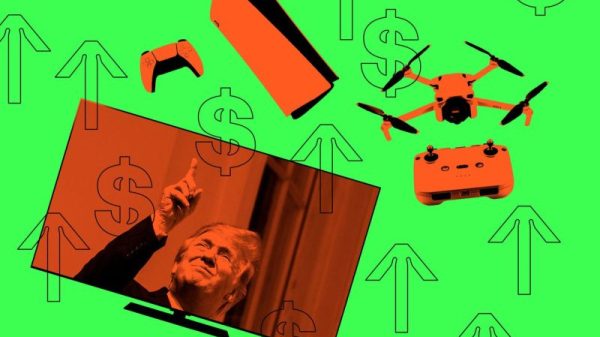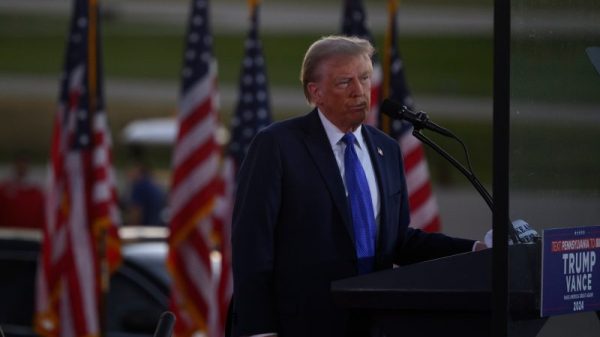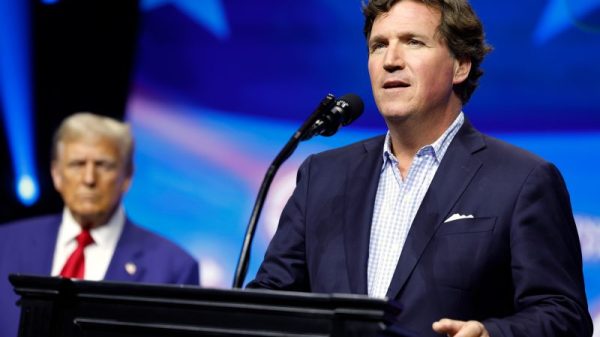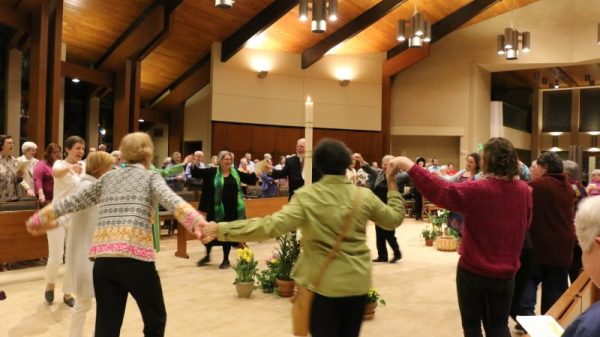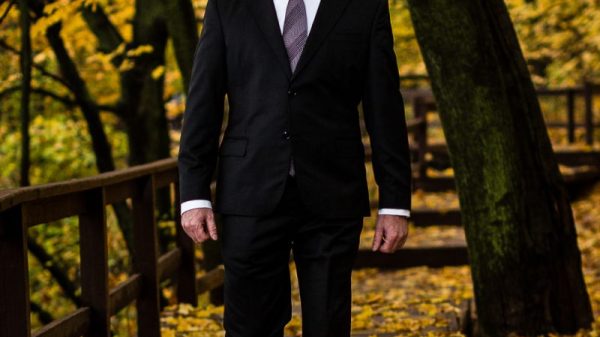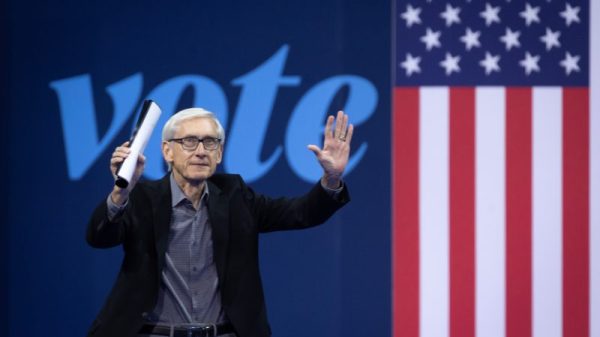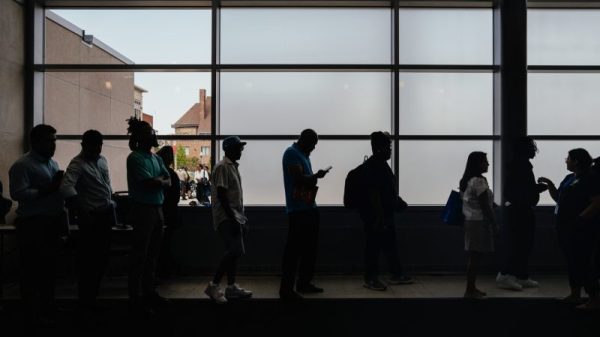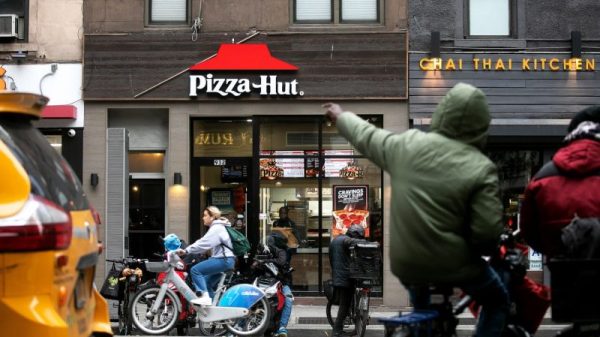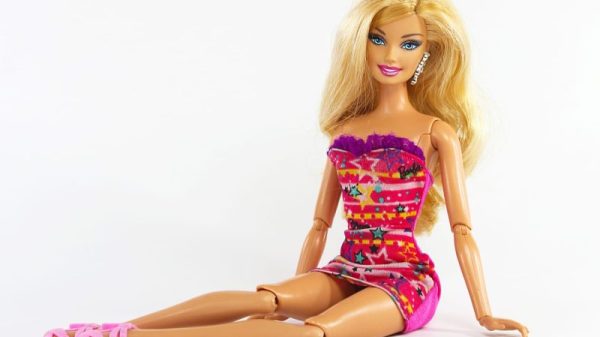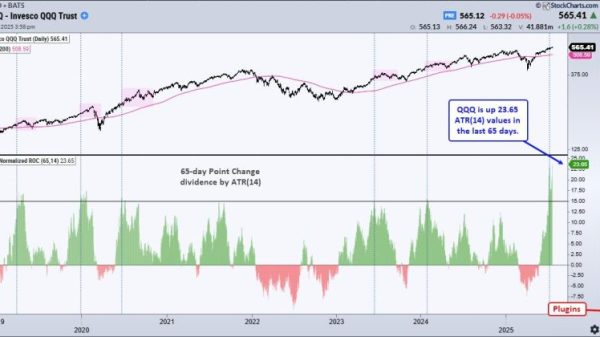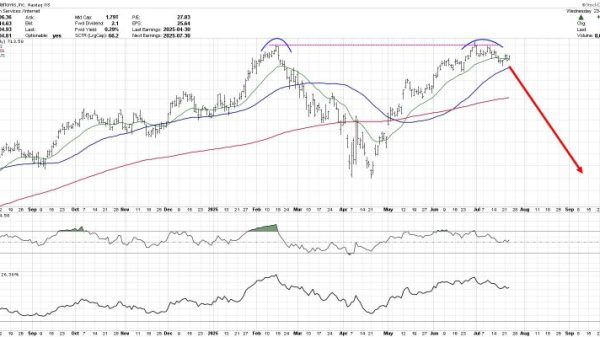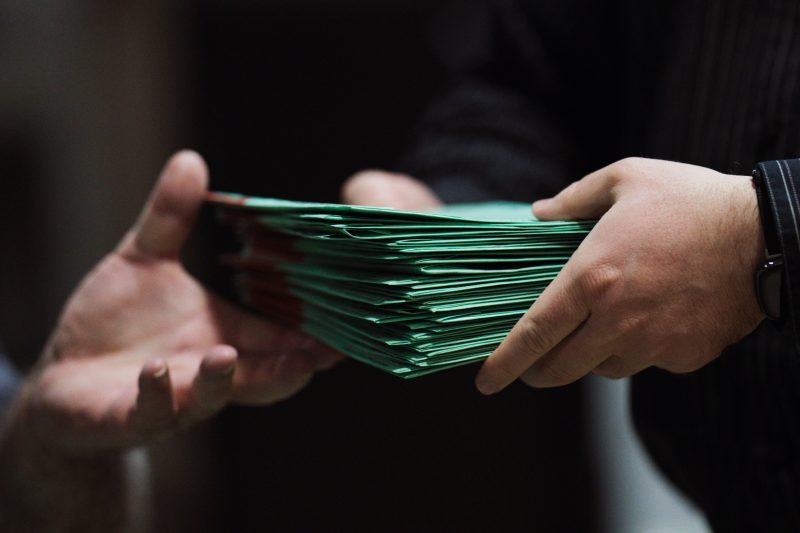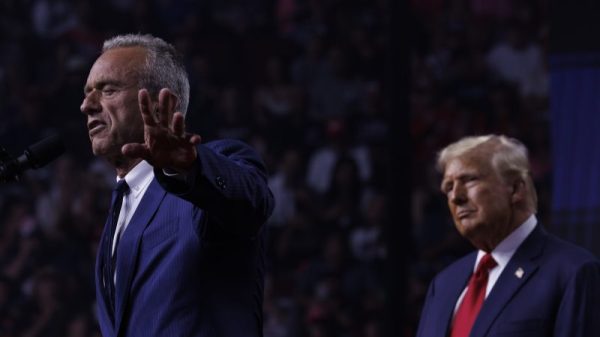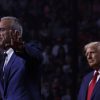PHOENIX — A key election official in Arizona’s Maricopa County plans to ask the state’s highest court as early as Tuesday to prohibit nearly 100,000 longtime residents from voting in state and local races this fall after discovering the state has no record of asking them for documents proving their U.S. citizenship.
Like other states, Arizona requires voters to swear that they are citizens when they register to vote. But for 20 years, Arizona law has gone further and required residents to show birth certificates, naturalization papers or other documents proving citizenship to vote in state and local elections.
At issue is a pool of voters whom county and state officials have no record of having submitted those documents. Secretary of State Adrian Fontes (D) said the vast majority probably are longtime citizens who are eligible to vote in all races. He said more are registered as Republicans than as Democrats.
No matter how the court rules on the lawsuit that a Republican county official plans to file, the voters can provide the necessary documentation before Election Day and receive a full ballot.
While the group is a small fragment of the 4.1 million registered to vote in Arizona — and the issue will not affect federal races like the presidential contest or Arizona’s hotly contested race for a U.S. Senate seat — they could be decisive in close statehouse races, elections for countywide seats or a ballot measure that will decide the extent of access to abortion.
The lawsuit could also inject a new element of chaos into the presidential election in a battleground state just a month and a half before Election Day because of how it could be rhetorically used by former president Donald Trump and his allies. The lawsuit will ask the Arizona Supreme Court to act with lightning speed. County elections officials planned to mail ballots to military and overseas voters on Thursday.
The litigation comes as Trump and other Republicans call for tighter rules to ensure noncitizens do not vote and as they spread false claims that those not eligible to participate cast large numbers of ballots. Voting by noncitizens is exceedingly rare, but critics have contended that more protections are needed to ensure it does not happen.
The disclosure could also play into false Republican narratives that Democrats want to remake the nation by “importing” voters through the southern border — a frequent claim in Arizona, where border security and illegal immigration are top issues for GOP candidates and voters. State and county officials who have dealt with harassment and misinformation since Trump narrowly lost the 2020 presidential election said they worry that the situation could bring more threats and further erode confidence in a system under attack.
“I have always told the truth, and we uncovered what is a design system flaw,” said Maricopa County Recorder Stephen Richer (R), who plans to file the lawsuit. “That means that this pool of people who we thought had documented proof of citizenship on file with the motor vehicle division does not necessarily have documented proof of citizenship on file. So, therefore, we did what we thought was the only morally responsible thing, and we disclosed that.”
Under Arizona law, those who don’t provide documents proving their citizenship are allowed to vote only in federal races, like those for president and Congress. While Arizona lawmakers originally wanted to require documentation to vote in any election, the U.S. Supreme Court ruled in 2013 that doing so for federal races violated the federal National Voter Registration Act. They receive ballots that show only those contests and none at the state level.
In his lawsuit, Richer plans to ask that the voters in question receive ballots that contain only federal races, including for president. Fontes, the secretary of state, wants the court to allow voters to receive full ballots that include federal and state races — just as they always have.
This month, officials discovered that for two decades, a pool of voters had been marked as eligible to receive full ballots even though they had never been asked to provide citizenship documents. About 98,000 of the state’s 4.1 million registered voters fell into that category, according to the secretary of state’s office.
The group consists of a narrow subset of voters who have lived in Arizona for decades. The voters received their initial driver’s licenses before 1996, got a replacement license sometime after that date and then moved or registered to vote for the first time.
When they received the replacement, the state’s computer systems indicated to local elections officials that they had provided citizenship documents even though they had not. The flaw has existed since 2004, when the state began requiring proof of citizenship for voting, officials said.
Even as the case is pending, voters can prove their citizenship to ensure they receive a full ballot. Fontes urged voters to act as soon as possible.
State and county election officials emphasized the need for a quick court decision: Under federal law, they need to send military and overseas ballots to voters this week. Early voting for other residents begins Oct. 9.
An employee in the recorder’s office discovered the problem this month during a routine check of voter rolls, officials said. The review flagged a man with a state driver’s license issued before 1996 who was registered in the system in 2022 as someone who had provided proof of citizenship. The man was ineligible to vote because he is a lawful permanent resident, not a citizen. Although registered, he had never voted, according to officials.
The county attorney’s office notified the secretary of state, setting off a review into why the state’s systems wrongly identified some voters as having proved their citizenship.
Fontes and other officials downplayed the possibility that a large portion of the 98,000 people are noncitizens.
“We don’t have any reason to believe that they’re not eligible citizens — in spite of the fact that we did find one,” Fontes said.
He added, “The biggest danger is doing nothing and getting accused of hiding an issue.”
Richer, an attorney, has been a target of those who spread false election conspiracies, Republican operatives and candidates. Since taking office in 2021, he has vouched for the legitimacy of the state’s election system and has frequently blasted out social media posts that fact-check people who amplify election misinformation. That approach didn’t always sit well with his critics, who helped defeat him during the state’s summer primary election.
Arizona voters approved the law requiring proof of citizenship as a ballot initiative in 2004, and it was originally meant to apply to all contests. In 2013, the U.S. Supreme Court ruled 7-2 that the measure violated the federal National Voter Registration Act for federal elections, and the state set up its dual-registration system after that.
Republican state legislators passed a law in 2022 aimed at requiring voters to provide proof of citizenship to vote in all elections, not just state ones. The law has been challenged in court, and last month the Supreme Court ruled that for now Arizonans can register to vote for federal elections without providing proof of citizenship. The case could eventually return to the Supreme Court.
Marley reported from Madison, Wis.


